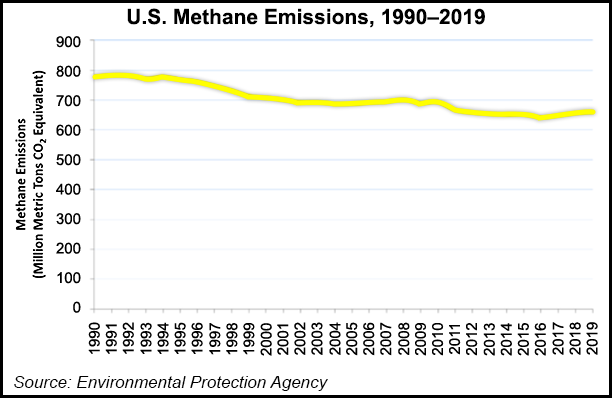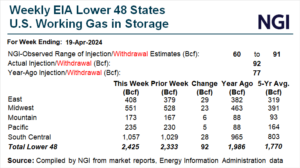Designating natural gas as certified or “responsibly sourced” may do little to reduce its carbon intensity, but as U.S. and overseas customers question how their fuel is produced, the branding is growing in importance to ensure conformity and transparency, according to industry experts.
A conundrum of challenges is facing natural gas buyers today, as many are boosting their environmental, social and governance (ESG) credentials. Certified natural gas, which some groups label as responsibly sourced gas (RSG), has muscled its way into the industry lexicon fairly quickly, bringing with it opportunities but also questions.
At the LDC Gas Forums Midcontinent conference in Chicago, gas buying experts on Tuesday offered their take on how certified gas has upended the pricing...



